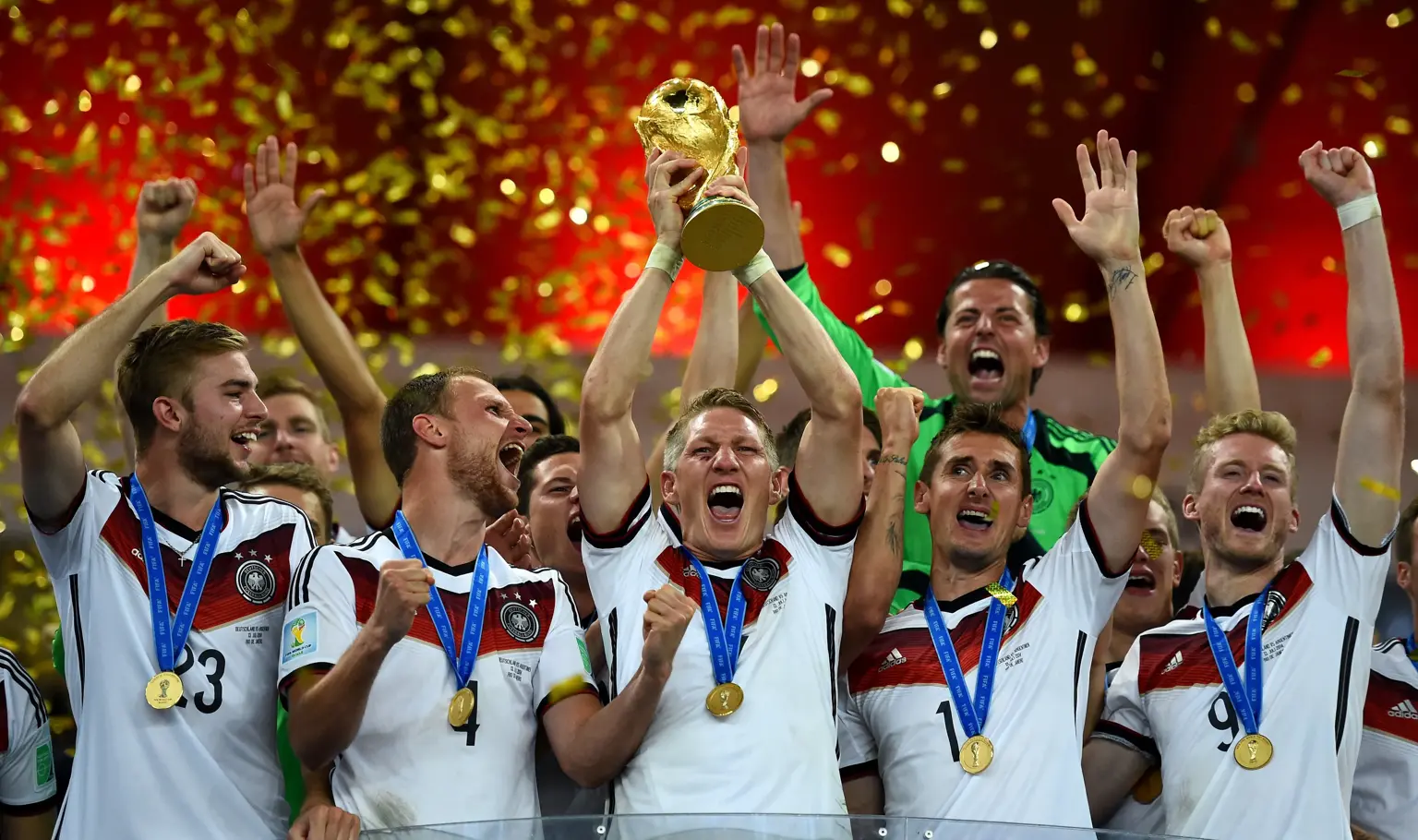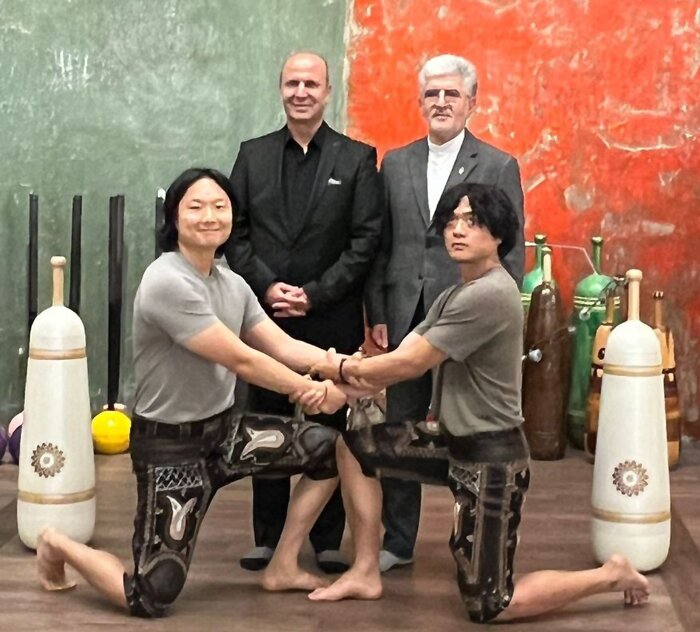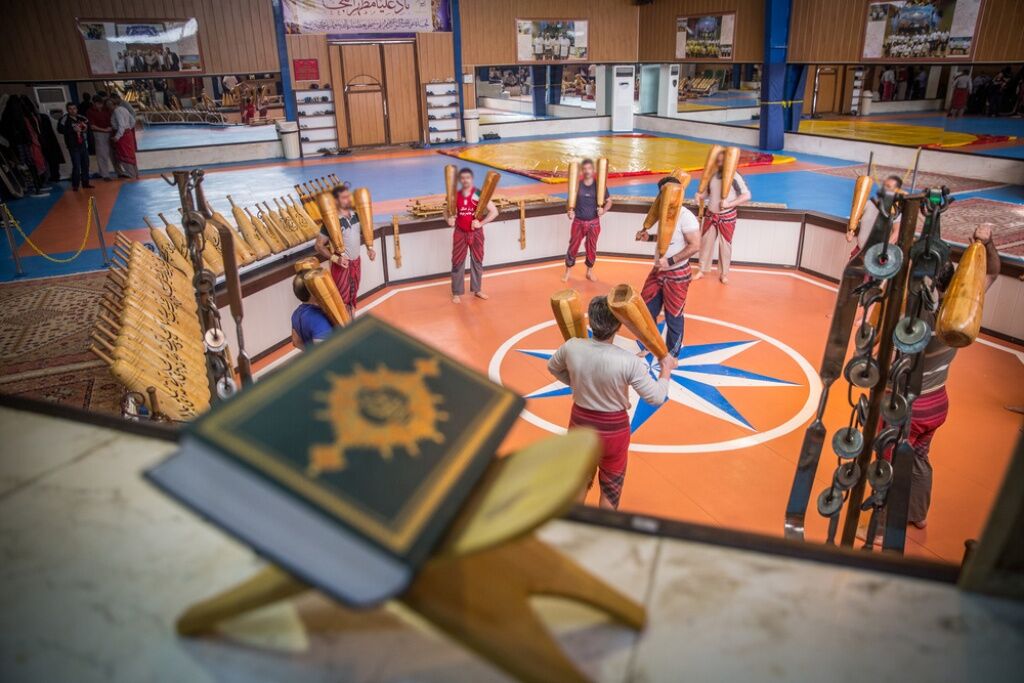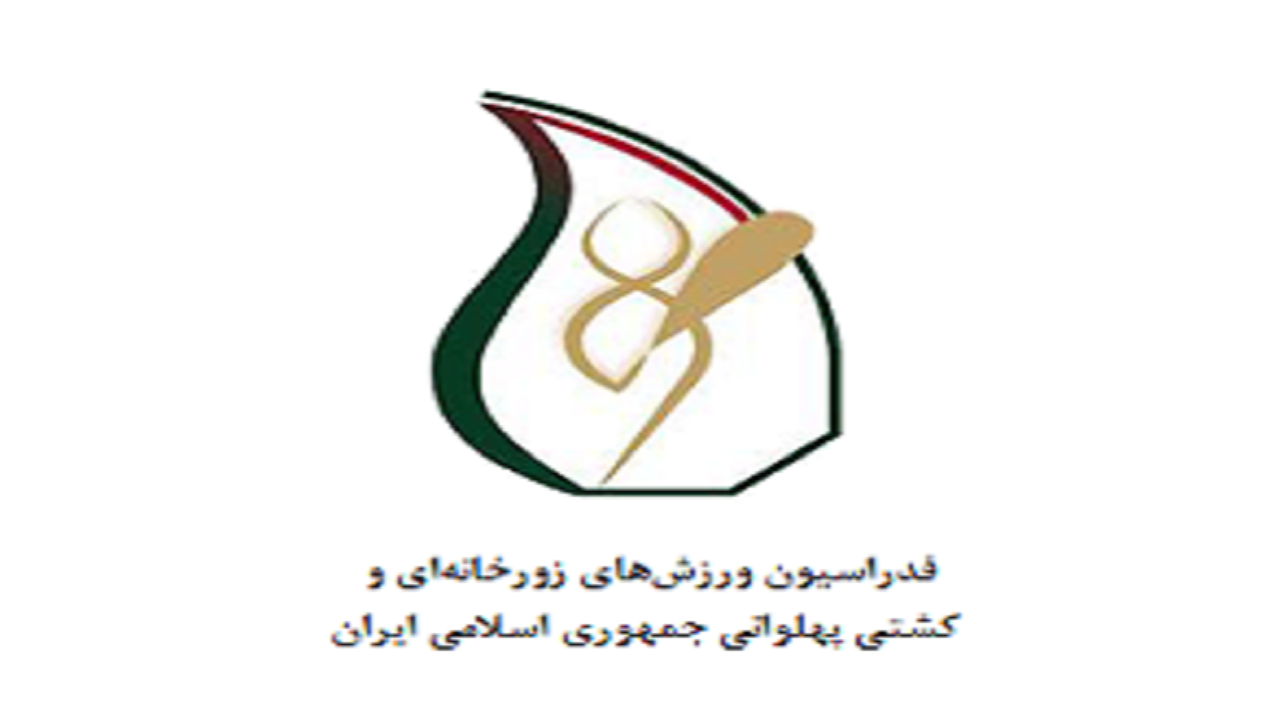Germany landed in Salvador having already conquered 40 million Brazilians – they ingeniously modelled their change kit on that of the county’s best-supported club, Flamengo. They duly devastated 200 million-plus of them with an earth-shaking performance in Belo Horizonte.
Then, with all but every Brazilian firmly back behind them, Jogi Low and boys outlasted Argentina in Rio de Janeiro to win the 20th FIFA World Cup™. Here, FIFA brings you the engrossing stats behind that triumph.
Germany goalkeeper Manuel Neuer astonishingly completed 244 passes at Brazil 2014 – more than Lionel Messi (242), Wesley Sneijder (242), Thomas Muller (221), Arjen Robben (201) and Paul Pogba (197).
Thomas Muller covered 84 kilometres at the tournament – more than any other player and the distance of two marathons. Xavi ran a tournament-high of 80 kilometres at South Africa 2010.
Seventy-six years had passed since a team had won a World Cup knockout-phase game by a six-goal margin until Germany pulverised Brazil 7-1 in Belo Horizonte. Hungary won 6-0 in the first round and Sweden triumphed 8-0 in the quarter-finals at France 1938, albeit against minnows Dutch East Indies and Cuba. It equalled Brazil’s heaviest defeat – a 6-0 loss to Uruguay in 1920.
Seven-five seconds of action is, implausibly, all it took Germany to score three goals in the first-half against Brazil. Fifty-six seconds after play had restarted following the goal that made Miroslav Klose the World Cup’s all-time leading marksman – he outranked 15-goal Brazilian Ronaldo – Toni Kroos made it 3-0. Kroos heightened the hosts’ horror just 20 seconds of action later. Including celebration stoppages, Die Mannschaft netted four goals in only six minutes and 30 seconds – a World Cup record.
Sami Khedira was the first Spain-based player named in a Germany World Cup squad in 32 years. The first two, Gunter Netzer (1974) and Uli Stielike (1982), were, like Khedira, at Real Madrid.
Mario Gotze was, at 22 years and 40 days, the youngest scorer in a World Cup final since compatriot Wolfgang Weber (22 years and 33 days) in 1966. The only other younger marksmen in the fixture had been Brazil’s Pele in 1958 (17 years and 249 days), Argentina’s Carlos Peucelle in 1930 (21 years and 320 days) and Uruguay’s Pablo Dorado in 1930 (22 years and 38 days). Kylian Mbappe was 19 when he netted for France in the 2018 decider.
Miroslav Klose made it 17 World Cup victories in the final, breaking the World Cup record. Germans impressively occupy six of the top 11 positions. Lionel Messi and Cafu have registered 16 apiece, with Philipp Lahm, Lothar Matthaus, Wolfgang Overath, Ronaldo, Bastian Schweinsteiger on 15, and Lucio, Paolo Maldini and Per Mertesacker on 14.
Nine players have won the European Cup/UEFA Champions League and World Cup in the same year after Khedira emulated Sepp Maier, Hans-Georg Schwarzenbeck, Franz Beckenbauer, Paul Breitner, Uli Hoeness, Gerd Muller (all in 1974), Christian Karembeu (1998) and Roberto Carlos (2002).
Seven metres and 68 centimetres was the towering combined height of Germany’s starting four defenders in the group stage – the tallest average height (1.92m) of any defence in World Cup history. It comprised Per Mertesacker (1.98m), Jerome Boateng (1.92m), Mats Hummels (1.91m) and Benedikt Howedes (1.87m). Mertesacker and Hummels were, staggeringly, one foot and five inches taller than the two centre-backs that helped Argentina conquer the world in 1978, namely Daniel Passarella (1.73m) and Luis Galvan (1.74m).
Muller became only the third player to register five goals in multiple World Cups. Teofilo Cubillas (1970 & 1978) and Miroslav Klose (2002 & 2006) had previously managed the feat.
Five successive World Cup winners had worn either blue shirts or blue shorts in the final until Low’s charges, in all white, broke the trend.
Germany became the first team to net four goals in their curtain-raiser at four consecutive World Cups in Salvador. Die Mannschaft followed up beating Saudi Arabia 8-0 (2002), Costa Rica 4-2 (2006) and Australia 4-0 (2010) by winning 4-0 against Portugal, who conceded more than three goals in a major tournament game for the first time in what was their 52nd outing. The result left Germany having won seven successive opening matches, scoring 27 goals and conceding just three, since a 1-1 draw with Uruguay at Mexico 1986.
All four of the World Cup finals Germany have won have been by a one-goal margin. They beat Hungary 3-2 in 1954, the Netherlands 2-1 in 1974, and Argentina 1-0 in both 1990 and 2014.
Toni Kroos and Colombia’s Juan Cuadrado registered a Brazil 2014-high four assists. No player has managed more in a World Cup since another German, Thomas Hassler, provided five at USA 1994. ‘Waiter’, as Kroos became nicknamed, finished top of the Castrol Index with a rating of 9.79, with Robben (9.74) his runner-up.
- نویسنده : محمد مهدی اسماعیلی رها






























Sunday, 20 July , 2025